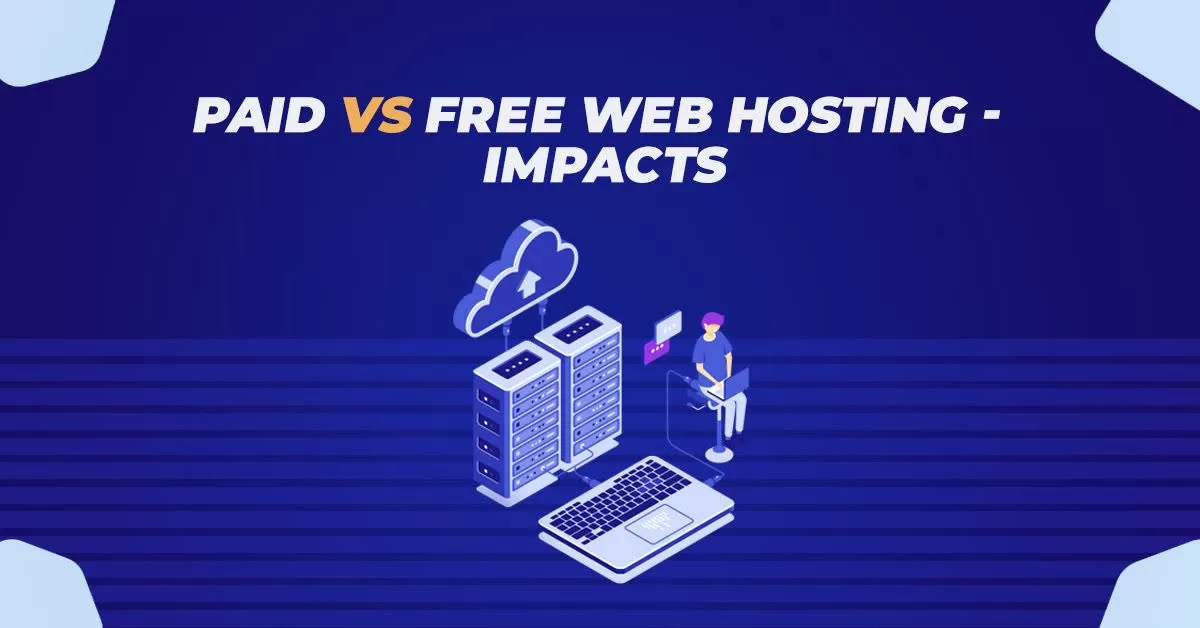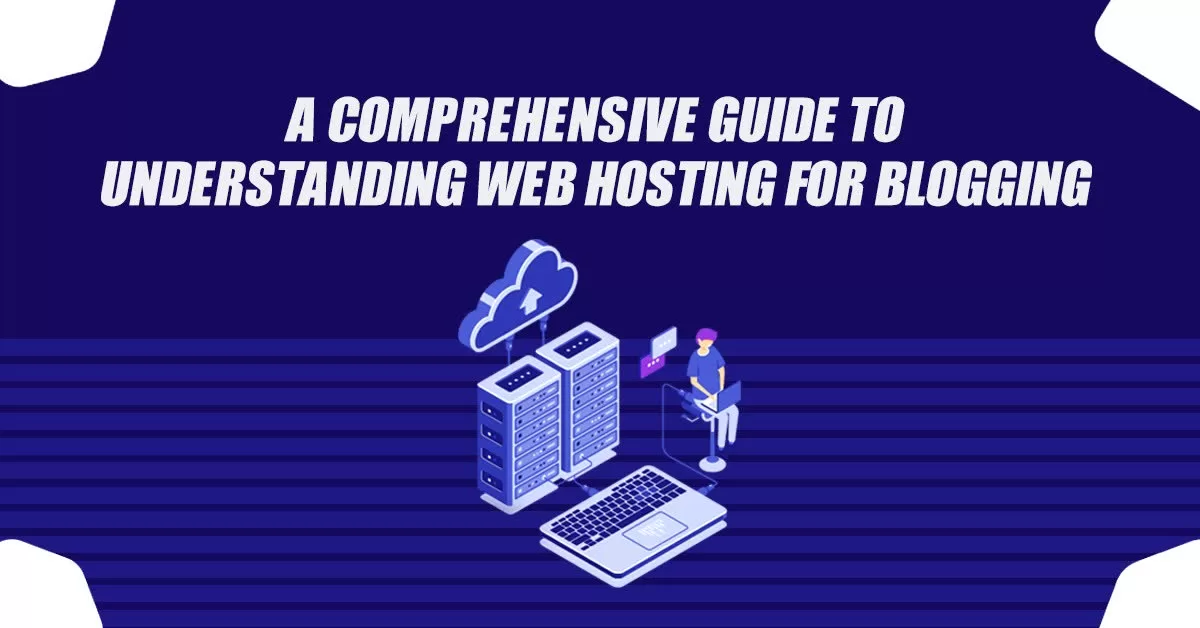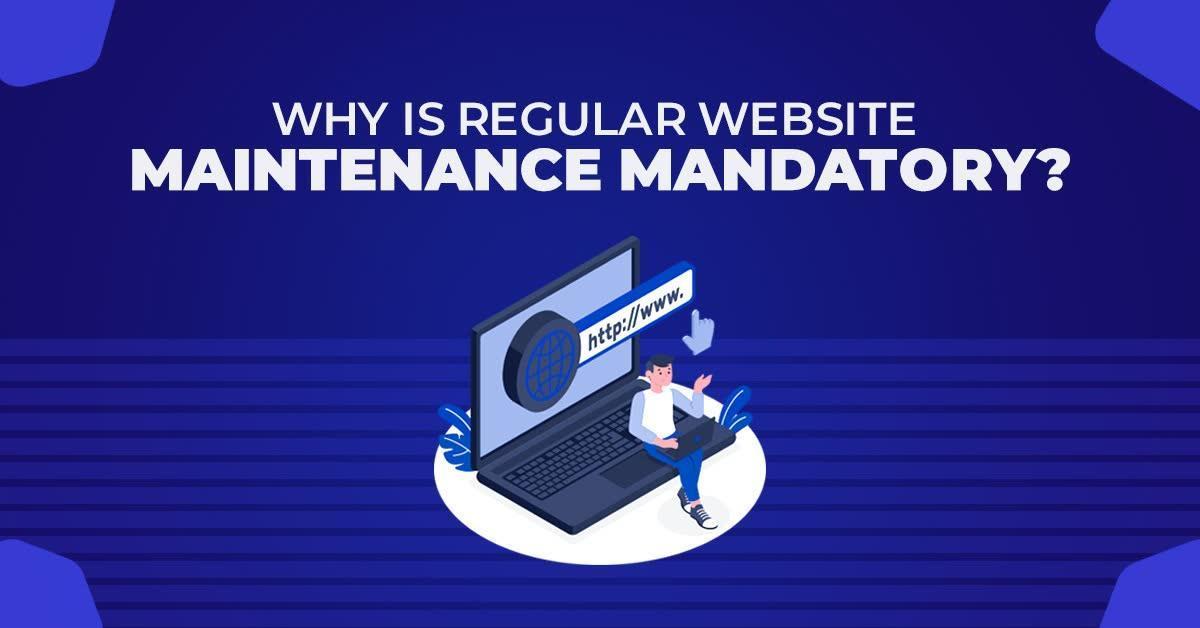Paid vs Free Web Hosting – Impacts
One of the first and foremost decisions you will have to make while launching an online business is choosing between paid or free web hosting services. This is a common situation every start-up or new organisation faces. Almost everyone looks forward to choosing a hosting plan that is cheap or has a low price. But going with a low-price or cheap web hosting plan comes with huge disadvantages. Some of the drawbacks of using cheap or free hosting services might include even scams or acts of stealing private and confidential data or information.
This brings us back to the question – which is the right kind of web hosting, free or paid? To answer this, we need to consider several other features of hosting services as well. As you continue to read through, you come to know about the other features apart from cost, that should be considered in order to choose the aptest and most suitable web hosting service for your company or business.
Major Variations Between Free And Paid Web Hosting
- Upgrades and features
Making use of a free hosting service will definitely restrict your needs and requirements. In a free hosting service, only the default settings can be used, clients won’t have to liberty to make changes or use other sources apart from the basic things that are provided. This includes not being able to create more than one site or create various file types.
Moreover, the clients will not be given access, where the server will be able to support the cPanel platform. So, clients can not use the cPanel feature, which will allow the users to configure the digital SSL certificates. Additionally, backups can not be done, WordPress can not be installed and FTP accounts can not be created.
- Storage and bandwidth
The amount of data that can be sent to the target from a website over a period of time is known to be the bandwidth. The space used for storing files, folders and databases on the server is called storage space. Both, storage space and bandwidth, are two important features that should be looked into before selecting a web hosting plan.
The paid version of web hosting plans does not restrict the client’s space used for storing and bandwidth. In order to obtain this, the best-suited web hosting service provider must be selected. On the contrary, free hosting plans have not a few but a lot of setbacks. This includes not being able to publish all the necessary content on your websites because of the lack of storage space and the ability to make it accessible to all will also be cut off because of limited bandwidth.
- Branding and Domain
All service providers give out free domain names but the only difference is that in the free version, the domain is accompanied by the company’s name in the provided URL. This is commonly known as the free subdomain. In cases like these, a paid upgradation will be required to receive a custom domain without the service provider’s name on the URL. In paid hosting plans, a unique custom domain name will be assigned and provided to the client’s website.
- SEO (Search Engine Optimisation) and its rankings
The rankings of the website are majorly impacted by the website traffic. Slow-loading sites tend to lose traffic which leads to fewer rankings. The speed of each and every site has been calculated by the Google algorithm, for the past few years and this has become a vital metric for all the sites hosted online. The rankings are calculated based on this.
Free site hosting providers will display advertisements on the webpage with no regard or relevance to the contents of the site. This act fails to showcase professionalism. There are also possibilities of fake ads or scams being posted on the client’s site. But in the paid versions, you can find no such ads or any other irrelevant content being displayed on the site along with the contents.
- Reliability and Performance
The availability and speed of the website will be limited to free web hosting services. Though there might be a few service providers that provide better speed at no cost, a few hours of downtime will definitely be scheduled on a daily basis to keep the server from crashing or overheating. If the server crashes, it will affect all the sites that are present in it, which will cause discomfort to not just one client but to all the clients that are making use of the server.
But in the paid hosting service, high-end and modern technologies are used to maintain the performance, stability and reliability of the website. The service providers also guarantee the best uptime throughout the day and also at night. So, to conclude, paid hosting service is more reliable compared to free versions.
Disadvantages Of Free Hosting Services
- It is not actually free: Several free service providers offer basic plans. With such basic features, it will be almost impossible for the clients to maintain or create the desired workplace according to their preferences.
The users will be asked to pay and upgrade to various other plans in order to get the feature that they actually prefer. The basic plan will lack good bandwidth, disk space, SSL certificate, control panel (cPanel) and many other features. - Crashes frequently: All the free servers are never properly maintained nor frequently or regularly updated. As the plan is for free, the service providers do not put much thought into maintaining the server and this is why the site crashes very often.
Site crashes will also lead to a reduction in the ranking of the SEO. This is not the case with the paid servers, such companies will take good care of the server and make sure it is properly maintained. They provide better uptime and the site does not crash or slow down. The clients are usually very satisfied with the paid hosting plans. - No customer care: Say you are facing issues while using the free hosting server, there will be no customer support team to guide you through sorting out that particular issue. You are on your own. This is one of the major drawbacks.
Conclusion
Apart from the cost cuts there are not many benefits that accompany free hosting services. Paid hosting is preferred by reputed organisations or companies. If you do not have a very big budget, you can always go with cost-efficient plans. There are several low-budget plans that are available. So, take your time, do all the research and find the most reliable and apt plan for your organisation or company and go with it.






































